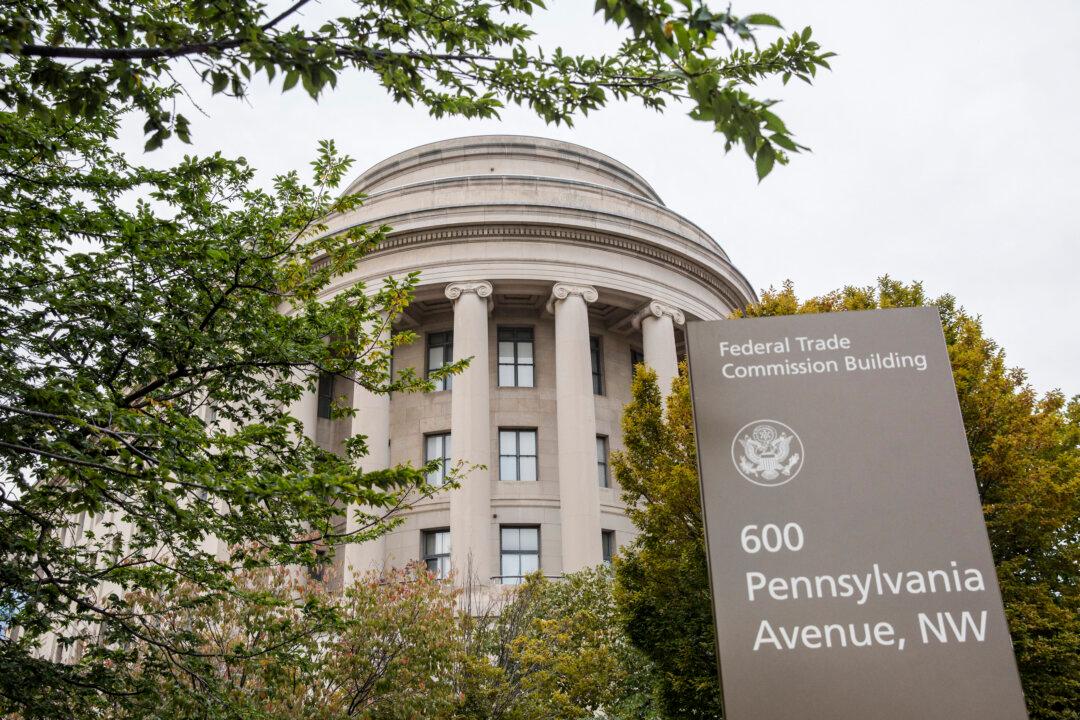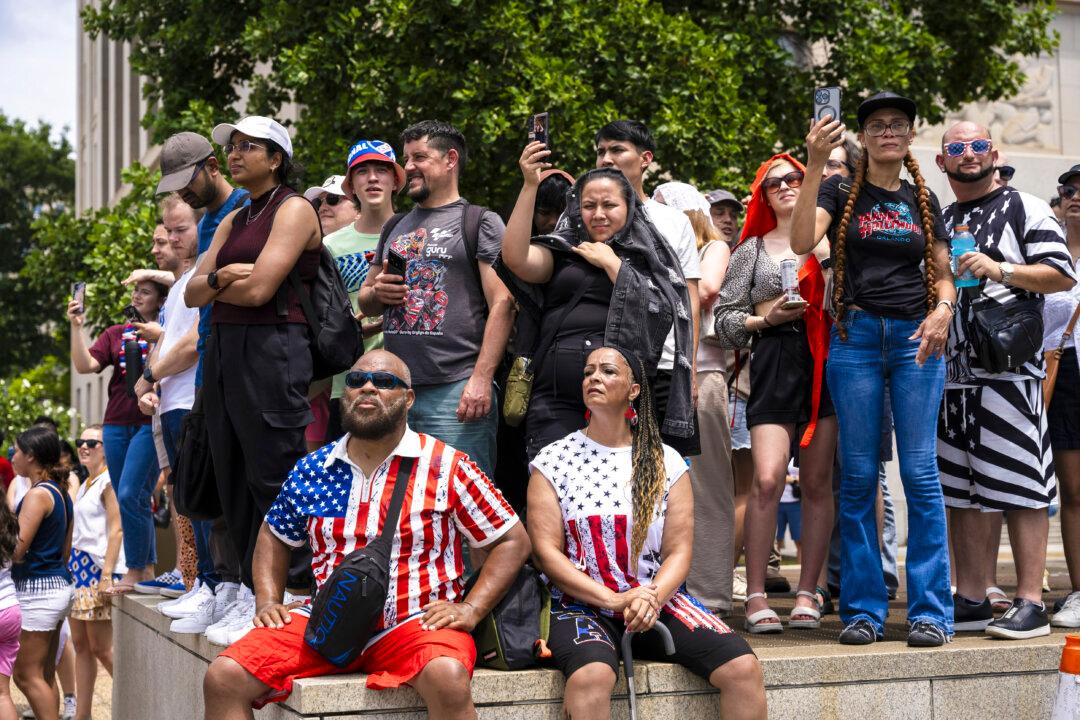Commentary
In a landmark decision for the U.S workforce, the Federal Trade Commission (FTC) voted 3–2 to ban most non-compete agreements. These agreements prohibit employees from leaving to work for a competitor or launch a rival enterprise. The new rule automatically terminates most current contracts, forbidding businesses from using them in the future. The FTC says the ruling will encourage innovation.





